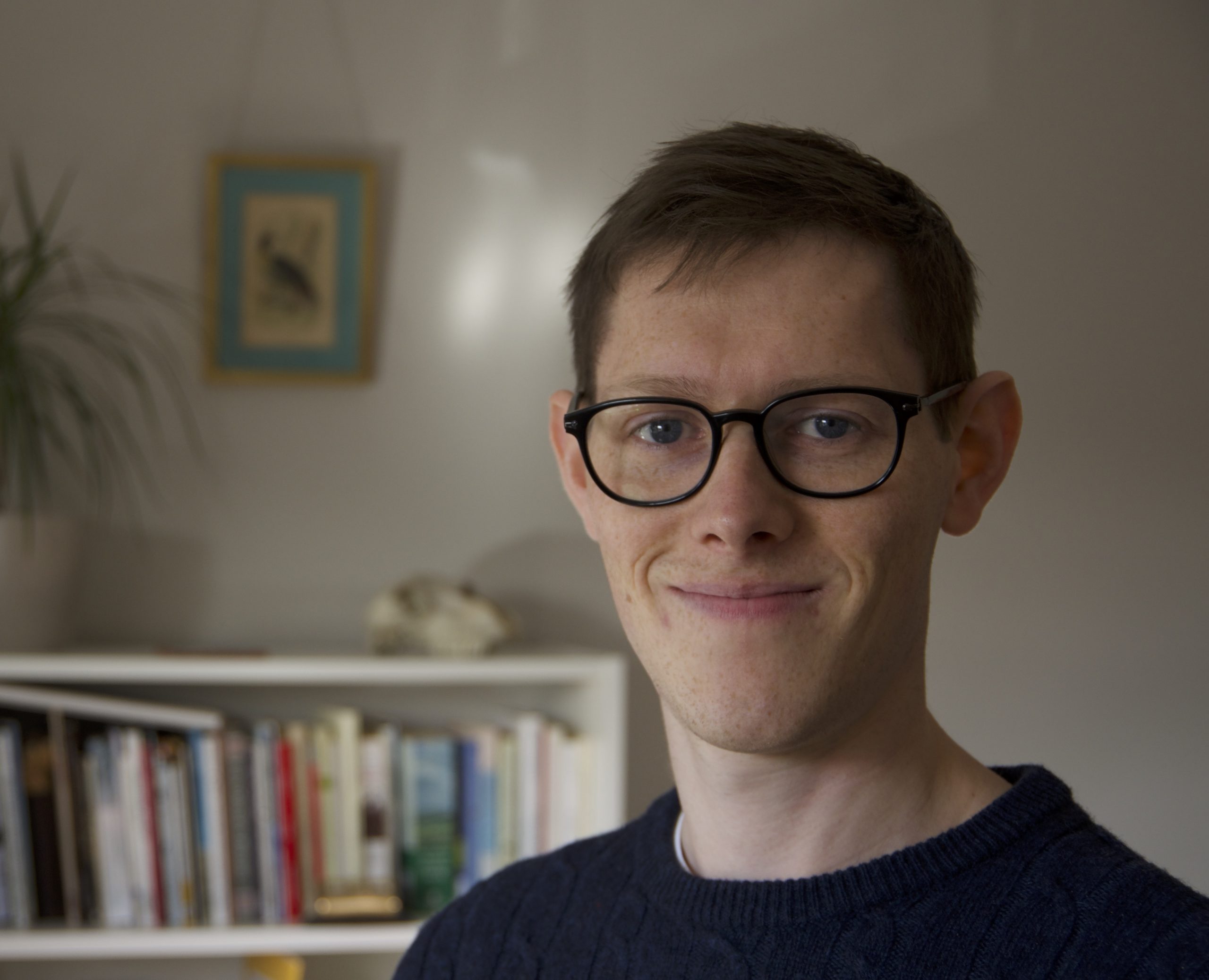Inspiring Girls in STEM Challenge Day at Futures Institute Banbury
The Girls in STEM Day kicked off with a motivating talk from a female ambassador at the...
Read more Inspiring Girls in STEM Challenge Day at Futures Institute BanburyHe truly learnt to appreciate the strength of words and their power to heal when he found himself overcome with homesickness after moving away as a teenager from the farm where he was raised.
It was this passion that poet Jack Thacker brought with him during a recent visit to Atlantic Academy in Portland for a No Limits session with Year 7 pupils.
Jack who is Writer in Residence at the Lighthouse in Poole helped to launch the school’s latest Applied Trans-disciplinary Learning (ATL) assignment called Love and Loss.
ATL falls under the No Limits curriculum which is unique to the Aspirations Academies Trust and involves combining several subjects for a period of 3 to 11 weeks around a particular topic.
This term it has been Love and Loss and the assignments in question are designed to apply CORE learning to real-world situations across different domains to ensure student learning is relevant, engaging and challenging.
Jack grew up on a farm in Herefordshire and recently completed a PhD on contemporary poetry at the Universities of Bristol and Exeter. His childhood memories are the subject of his latest poetry collection titled Handling.

Commenting on his visit to Atlantic, Jack said: ‘’As part of the No Limits curriculum, the Year 7s are going to be writing poems and reading war poetry. I was asked to come in and provide tips on writing poetry, understanding poetry and how poetry has helped me.
‘’The whole session was two hours long which is a long time to engage but the students listened, applauded and asked lots of questions.
‘’They asked me about my favourite poem which is Digging by Seamus Heaney, that’s the one that made me want to be a poet.
‘’I think the No Limits Curriculum is fascinating and so refreshing to see. The fact that you have three or four subjects interlinked with a particular theme or subject – the same can be said of poetry, it doesn’t stand up on its own. It relates to other subjects. One subject will often inspire another.’’
Opening up about the personal impact poetry has had for him, Jack said: ‘’Poetry helped me with homesickness. I grew up on a farm in Hertfordshire and I found it difficult when I moved away when I was around 17, 18.
‘’And I thought as the students live in Portland, which is quite secluded, they might be able to relate to that.
‘’That’s when I started reading and writing poetry. Sometimes poetry happens to you when you’re ready.
‘’Often when a family member has passed away, people will turn to poetry. I was asked to write a poem for my grandfather’s eulogy and that was a way for me to process my relationship with my grandfather.
‘’Poetry doesn’t necessarily heal the scars but it allows you to move on. It’s about processing the thought. Poetry can be healing.’’

Advice for children to get to grips with poetry:
‘’Read the poetry out loud and memorise it. Much of it has been written to be read out loud. That’s what it is. It’s like a song in a way. Don’t be embarrassed if you want to recite a poem out loud.’’
‘’Poems will teach you about rhythm, sound and image. If you read poetry silently it’s like looking at an animal in a cage.’’
The Girls in STEM Day kicked off with a motivating talk from a female ambassador at the...
Read more Inspiring Girls in STEM Challenge Day at Futures Institute BanburyIn February, five Aspirations Academies were involved in the Year 9 Future Ready Programme, delivered by Speakers...
Read more Year 9 Future Ready Programme LaunchesThe first Aspirations Employability Diploma final of 2025 marked a significant milestone in the academic year, bringing...
Read more AAT Celebrates First Aspirations Employability Diploma Final of 2025